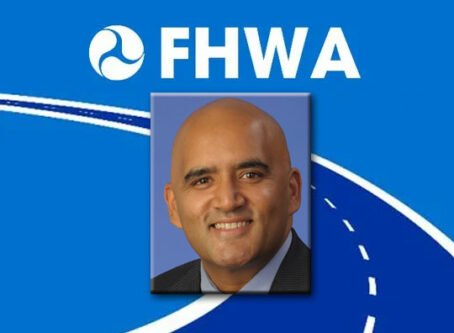Eighth Circuit revives wage lawsuit against Werner
The U.S. Court of Appeals for the Eighth Circuit revived a decade-old lawsuit alleging that Omaha, Neb.-based Werner Enterprises failed to adequately pay its student drivers.
On Wednesday, Aug. 3, the Eighth Circuit determined that the district court misinterpreted a previous ruling and vacated a judgment from 2020, which sided with Werner. Now the case will go back to the district court.
The history
Student drivers filed a lawsuit in 2011, alleging that Omaha, Neb.-based Werner Enterprises violated the Fair Labor Standards Act and Nebraska law through its eight-week student-driver training program. The class consists of more than 50,000 drivers from August 2008 until Aug. 1, 2014.
The plaintiffs said they weren’t properly compensated for off-duty time spent on short rest breaks and time spent resting in their trucks’ sleeper-berths. After a three-day trial in 2017, the jury awarded the student drivers nearly $780,000 on the short-term break claims and found in favor of Werner on the sleeper-berth claims.
Following the jury trial, the Eighth Circuit ruled that the district court erred in amending the scheduling order to allow the plaintiffs to submit an expert report past the disclosure deadline. Doing so, the appellate court vacated the jury verdict and remanded the case back to the district court. In 2020, the district court denied the student drivers a new trial, pointing to the Eighth Circuit ruling.
However, the Eighth Circuit ruled on Aug. 3 that the district court “abused its discretion by failing to consider the plaintiffs’ … request for appointment of a new expert.”
The allegations
From 2008 until August 2014, Werner’s Student Driver Program paid student drivers a flat weekly rate while training with an experienced driver for about eight weeks. Werner paid trainees the higher of $50 per day or $7.25 per “on duty” hour. The student drivers alleged that minimum wage laws were violated because Werner improperly designated significant amounts of legally compensable time as “off-duty.” The student drivers alleged that not being paid for short rest breaks caused them to be paid less than minimum wage. LL









